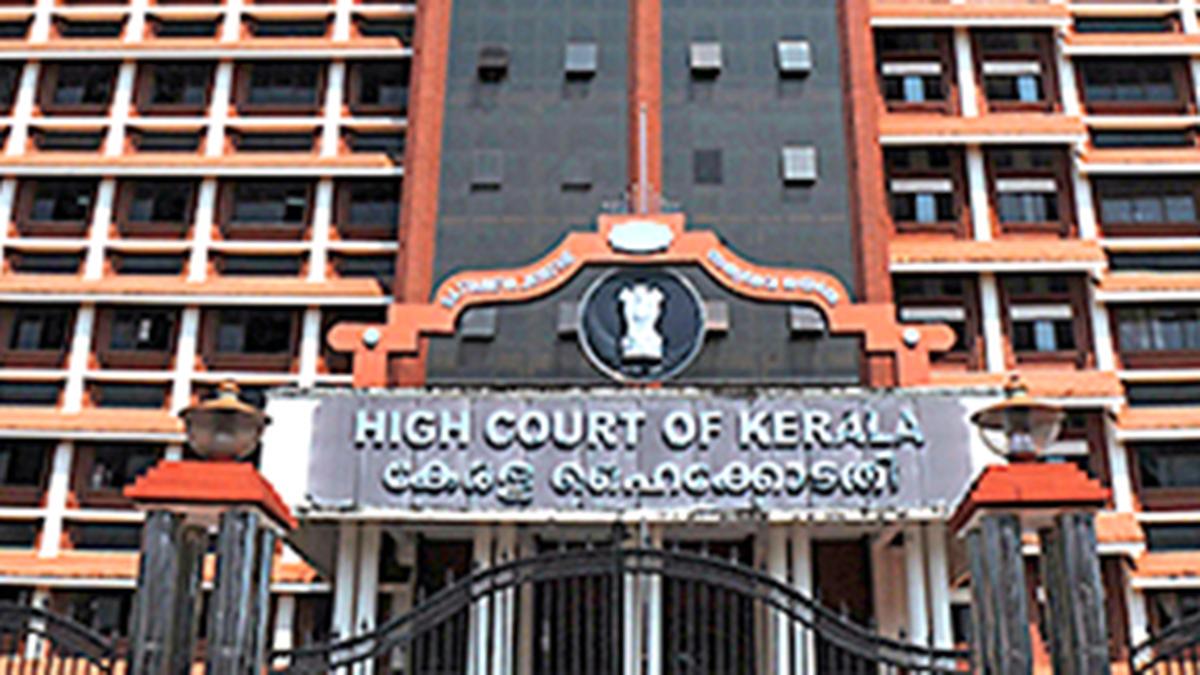
Jisha murder case: Kerala High Court upholds death sentence awarded to convict
The Hindu
Kerala High Court upholds death sentence awarded to convict in Jisha murder case
A Division Bench of the Kerala High Court on May 20 upheld the death sentence awarded by the Ernakulam Principal Sessions Court to Ameerul Islam, the lone convict in a 2016 case of rape and murder of an LLB student, Jisha, from Perumbavoor in Ernakulam.
The Bench comprising Justice P.B. Suresh Kumar and Justice S. Manu confirmed the verdict of the sessions court while dismissing the appeal of the convict.
The 30-year-old law student was found raped and murdered at her house at Kuruppampady near Perumbavoor on April 28, 2016. Ameerul Islam, a migrant worker from Assam, was arrested 49 months after the incident. The special investigation team had submitted a 1,500-page chargesheet on September 17, 2016 naming Islam as the lone accused.
While awarding the accused capital punishment, the sessions court had observed that the facts and circumstances of the case indicated that the crime created grave impact on social order. The gravity of the offence on society is unparalleled. When the aggravating circumstances (crime test) outweigh the mitigating ones (criminal test), the court will typically impose a sentence on the higher end of the spectrum. The balance of justice tilts in favour of the proven aggravating circumstances, the sessions court observed, adding that the brutal acts of the convict definitely fit this case within the umbrella of “rarest of rare cases” on par with the Nirbhaya’s case in Delhi.
Judged by the above standards, when collective conscience of the community is so shocked, it is the duty of the court to inflict death penalty, irrespective of personal opinion as regards desirability of imposing death penalty. In the interest of justice, the law leans in accordance with the perception of society and not “judge –centric.” Hence, this is a fit case for awarding the death sentence to the accused, the sessions court had concluded.
The sessions court had also sentenced Ameerul Islam to life imprisonment and a fine of ₹25,000 under Section 376A of the Indian Penal Code (IPC). It also awarded him a 10-year rigorous imprisonment and a fine of ₹25,000 under Section 376 (causing death or resulting in persistent vegetative state of victim) of the IPC.
The accused was also awarded seven-year rigorous imprisonment and one-year rigorous imprisonment and a fine of ₹15,000 and ₹1,000 respectively under Sections 449 (house trespass) and 342 (wrongful confinement) of the IPC.

The Karnataka government has drafted a comprehensive master plan for the integrated development of Kukke Subrahmanya temple, the State’s highest revenue-generating temple managed by the Hindu Religious Institutions and Charitable Endowments Department. The redevelopment initiative is estimated to cost around ₹254 crore and aims to enhance infrastructure and facilities for devotees.












